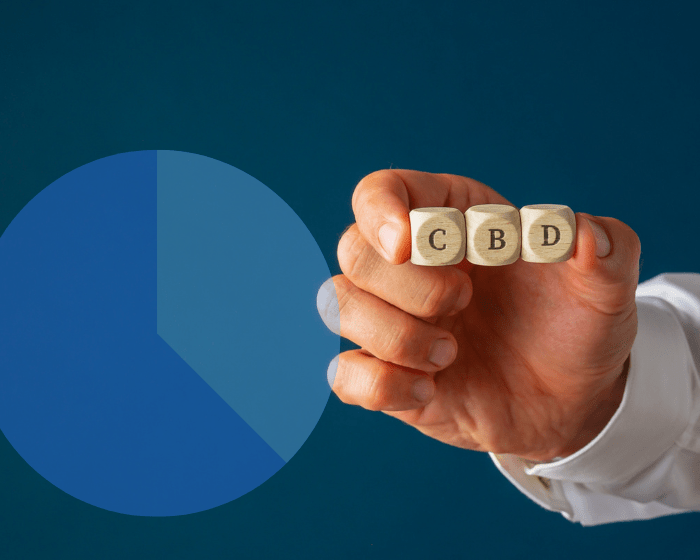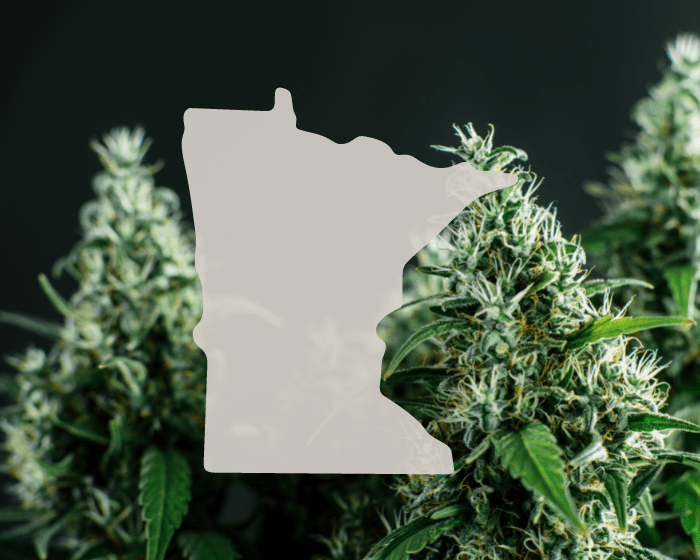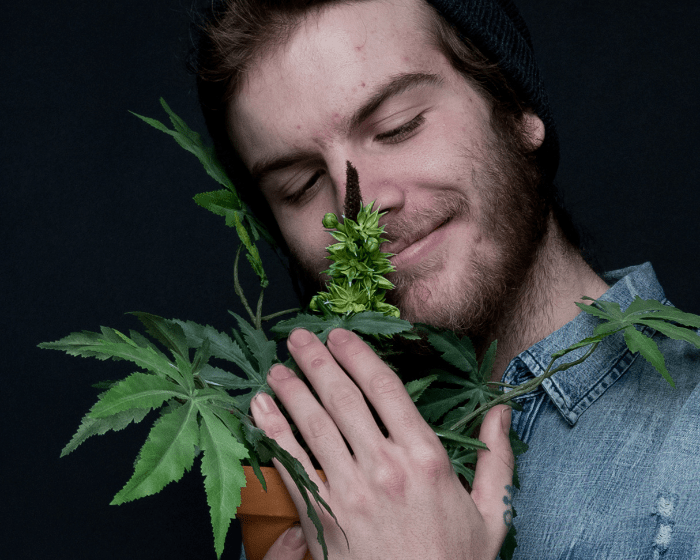
More than half of CBD users are now in their mid 40s and older, according to a news release from Globe Newswire, signaling increased use of CBD and cannabinoid use among older adults.
Rising use among Baby Boomers has been especially prominent. According to data from Stirling CBD, a hemp grower and CBD producer based in North Carolina, use by Boomers more than doubled last year, increasing by 212 percent.
Cannabis is nothing new to these generations, Sterling CEO Joe Kryszak observed. But as they age, Boomers and Gen Xers are turning to the plant for its non-intoxicating uses.
"The increased use of CBD products among the older generations, more specifically those born in the 1960s and 1970s, shows the reach and comfortability this generation has with CBD products," Kryszak said. "While this generation experienced cannabis decades ago, they are now using CBD products to alleviate ailments and live a longer and potentially pain-free life.”
”The increased use of CBD products among the older generations, more specifically those born in the 1960s and 1970s, shows the reach and comfortability this generation has with CBD products.”
— Joe Kryszak, CEO, Stirling CBD
Recent research has supported this notion. A study published last spring in GeroScience, a scientific journal that looks at the biology of aging, found that CBD may slow the process of aging in the brain, thereby decreasing the risk of dementia and increasing lifespan. The researchers suggested this might be because CBD stimulates the process that clears away damaged cells, allowing the body to recycle the components into new, healthy cells, which helps maintain the health of neurons as we age
And a recent Harris Poll survey of nearly 2,000 Americans found that 91 percent of adults (21+) who have used cannabis did so in an effort to promote overall wellness and health. The survey also found that 62 percent of Americans would rather use cannabis than pharmaceuticals for health problems. The findings reveal a larger shift toward holistic self care and, as part of that, greater acceptance of cannabis for its potential wellness use.
Finally, based on data collected in 2019, Consumer Reports said more than three-quarters of respondents found CBD at least moderately effective for their purposes. “Many older respondents who used CBD did so mostly for joint pain,” Consumer Reports explained. “But we don’t how strong the placebo effect may have been.”
Older users familiar with cannabis might be surprised to learn the CBD is a nonintoxicating cannabis extract, noted Kryszak.
"People in the Baby Boomer generation, born from 1946 to 1964, and Gen X, born from 1965 to 1979, may have had experience with cannabis but are unaware of the distinction between cannabis and hemp," he said.
Before Getting Started
In its Guide to CBD and Cannabis for Older Adults, Consumer Reports recommends taking three precautionary steps before trying cannabis (whether psychoactive or not), and a tip for how to start:
• Talk to your doctor to see if there’s an underlying health issue before self-medicating.
• Ask about potential interactions with prescription and over-the-counter drugs.
• Be aware of possible side effects, including irregular heartbeat.
• Start with a low dose and slowly increase, noting any changes along the way.








































